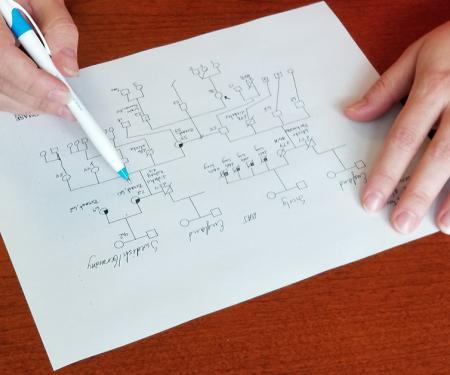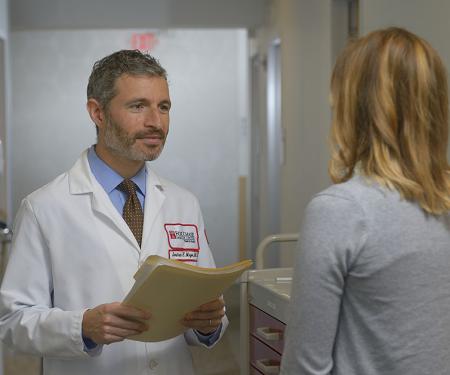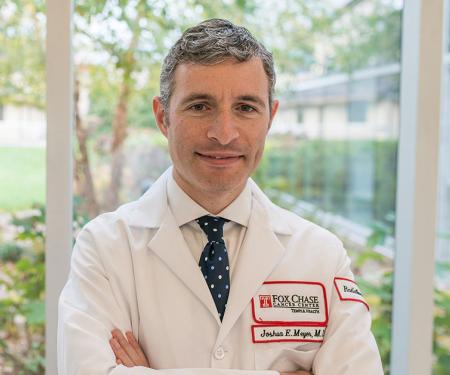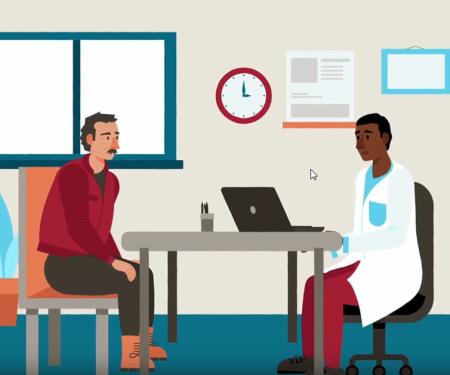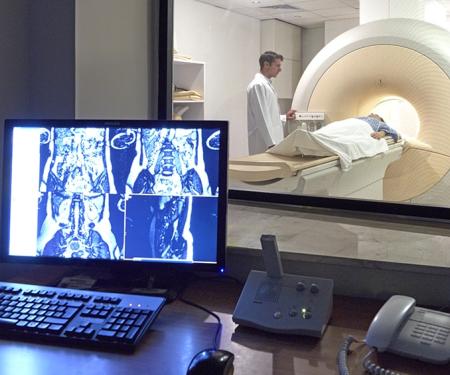Related Articles
00 / 00
Tumors can be benign (not cancerous) or malignant (cancerous). These cancerous cells can also grow and invade other parts of your body. Cancer isn’t just one disease, though. There are more than 100 kinds of cancer that can form in many areas of the body.
If you develop tumors in your small intestine, it’s called small intestine cancer. But if it’s in your large intestine, either in the colon or rectum, this is called colorectal cancer.
The colon and the rectum are both part of the body’s digestive system, specifically the large intestine. Colorectal cancer is a term for two types of cancer in the large intestine: colon cancer and rectal cancer.
Colon cancer forms in the colon. The colon — or the large bowel — is the first part of the large intestine of the digestive system. The large intestine is about 5 feet long.
Rectal cancer is found in tissues of the rectum. The rectum, along with the anal canal, makes up the last part of the large intestine. Together, they are about 6 to 8 inches long.
Colorectal cancer occurs in both men and women. Your risk increases after age 50. A diet high in red meats, heavy alcohol consumption, and smoking also put you at a higher risk. Other conditions — like colorectal polyps, ulcerative colitis, Crohn’s disease, and family history of colorectal cancer — can also increase your risk.
The great news, however, is that early screening, diagnosis, and treatment can usually cure the cancer when it is found early. The 5-year survival rate for colorectal cancer found in stage I is 92%.
Symptoms of colorectal cancer include diarrhea or constipation, changes in your stool, rectal bleeding or finding blood in your stool, abdominal cramping and discomfort, fatigue, and nausea. Each person is unique and symptoms may vary, so talk to you doctor if you experience any of these symptoms or other symptoms concerning to you.
Once someone is diagnosed with colorectal cancer, the next step is to try to determine the stage of cancer. This process is called staging, and it describes how much cancer is in the body. It helps physicians determine how serious the cancer is and the best way to treat it.
The stages of colorectal cancer include:
Sometimes all or part of the colon is removed in order to remove cancer cells. This is called a colectomy. This procedure can require you to undergo an additional procedure called a colostomy, especially if the colon is blocked by cancer.
A colostomy is a surgical procedure that takes one end of your large intestine out through an opening called a stoma that’s made in your abdominal wall. Stool moves through the intestine, through the stoma, and into a bag that’s attached to your abdomen.
In many cases, the colostomy can be reversed once you have completed treatment for your cancer or your tumor has been adequately treated. But, if the blockage can’t be removed because a tumor can’t be removed, it may need to be used permanently.
Colostomies are more common in patients with rectal cancer than colon cancer. However, Fox Chase is involved in clinical studies to see how colostomies can be avoided altogether.
After diagnosis, the next important step is deciding your treatment plan. With your care team, you will discuss the many options for treating your colorectal cancer. At Fox Chase, treatments like surgery, radiation, chemotherapy, and immunotherapy are done by skilled medical professionals who specialize in cancer. Your care team at Fox Chase can help you decide the best plan for you in treating your colorectal cancer.

